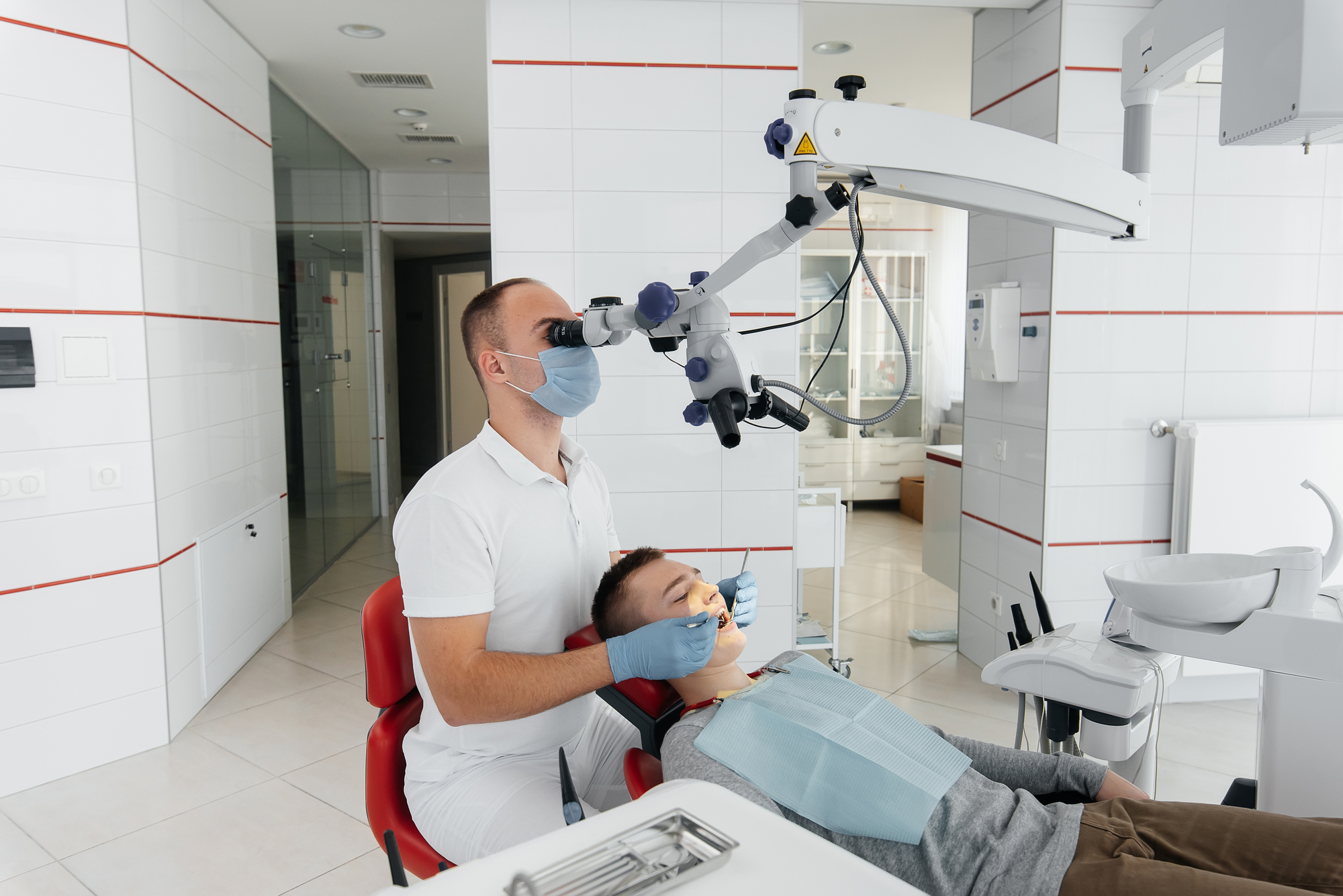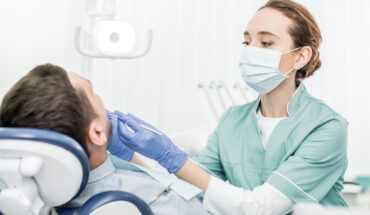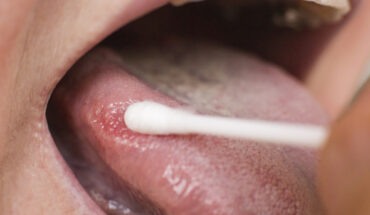
Cancer is well known as the rapid growth of uncontrollable cells that cause damage to the surrounding tissues. Oral cancer starts in the form of sores or tumors in the oral cavity that does not go away. That includes the mouth, tongue, lips, floor of the mouth, cheeks, soft palate, hard palate, sinuses, and the throat or pharynx. If not diagnosed early, serious dental issues like emergencies and oral cancers are dangerous and quickly deteriorate the individual’s health. Oral cancers lead to premature death if there are no treatment measures.
Signs and symptoms of oral cancers
Although oral cancer signs and symptoms vary from one individual to another, the most common signs include:
Persistent sores
If, in any case, you experience persistent sores in the mouth, tongue, cheeks, neck, or face that bleed easily and do not go away in two or more weeks, you should see an oral health doctor for a diagnosis. White patches, red or speckled (white and red) patches, and unexplained bleeding in the mouth also fall under this category.
Lumps and redness
Many forms of cancer start as hard lumps or bumps in the affected area. Suppose you experience any unexplained swellings, redness, lumps, thickenings, rough spots, or crusts on the mouth, lips, gums, or oral cavity. In that case, you should take that as a dental emergency for the doctor to determine its cause.
Unnecessary numbness
One may experience loss of feeling or numbness in any part of your mouth or face, including the neck. Alternatively, it may be tenderness or pain that does not go away. See a dentist immediately to check the problem.
Difficulty with oral functions
Some people start to experience difficulty in chewing, swallowing, or moving the jaw or speaking. You may also experience soreness on the throat or hoarseness that doesn’t go away.
Other symptoms include ear pain, changes in the way the teeth align or dentures loosening, and dramatic weight loss. While some of the symptoms mentioned above may not necessarily signify oral cancer development, your dentist may be the key to discovering your oral cancer. Therefore, you should seek dental help immediately you experience any abnormality with your overall oral health.
Risk factors
Oral cancers are mostly caused by HPV (Human-papilloma Virus) found at the back of the throat and excessive tobacco smoking and alcohol use. Other risk circumstances include exposure to radiation and sun that affect the lips and any neck or head cancer existing in the patient.
treatment through robotic surgery
Oral cancers treatment options include surgeries to remove the tumors, radiotherapies, chemotherapies with the most recent and advanced treatment option being robotic surgery.
Robotic surgery is a technologically guided procedure in which the surgeon directs two robotic instruments that work as the surgeon’s arms in safely removing the tumors from the affected issues. Robotic tools are useful because the computer-based system guides the endoscope to provide 3D high-resolution images of the back of the throat that cannot be reached by traditional surgical instruments.
It is a minimally invasive procedure for treating patients diagnosed with early-stage oropharyngeal cancer and is associated with improved health outcomes and survival rates. According to different studies done by researchers in 2010 and 2015, patients who underwent robotic surgery had their survival rate increment standing at 84.5% in contrast with non-robotic surgery patients whose survival rate was at 80.3%.
For patients who suffer oral cancer, robotic surgery can improve their survival rates, a massive potential for a better quality of life.




